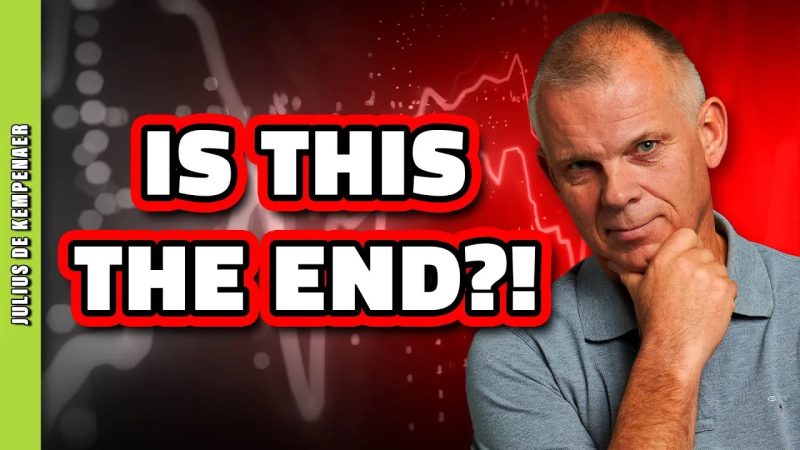In the world of investment, the pursuit of stock outperformance has long been a desirable goal for investors seeking to boost their portfolio returns. However, recent market trends and changing economic landscapes have sparked discussions regarding the potential shift in the dynamics of stock outperformance. This shift is rooted in various factors that challenge the traditional drivers of stock market success and signal a potential end to the era of consistent outperformance.
One primary factor driving this potential change is the increasing prominence of market inefficiencies. Historically, skilled investors and hedge fund managers were able to exploit these inefficiencies to generate above-average returns. Yet, as information becomes more widely available and technologies such as algorithmic trading become more prevalent, these inefficiencies are quickly diminishing. This leveling of the playing field makes it harder for active investors to consistently outperform the market.
Additionally, the rise of passive investing strategies, such as index funds and exchange-traded funds (ETFs), has reshaped the investment landscape. These passive vehicles offer low-cost diversification and are gaining popularity among investors seeking market-matching returns at a fraction of the cost of actively managed funds. As a result, the outperformance of individual stocks is becoming increasingly difficult to achieve, as the market as a whole becomes more efficient and interconnected.
Another key consideration in the potential decline of stock outperformance is the impact of macroeconomic factors on market dynamics. Global events, such as geopolitical tensions, trade disputes, and economic downturns, can have far-reaching consequences on stock performance. In an interconnected world where markets are highly correlated, individual stock selection may not be enough to shield investors from the broader economic forces at play.
Furthermore, changing investor preferences and attitudes play a significant role in shaping the future of stock outperformance. Millennials and younger generations are showing a preference for socially responsible investing and favor companies that align with their values. This shift towards sustainable and ethical investing may impact the performance of traditional outperforming stocks, as companies with strong environmental, social, and governance (ESG) practices attract more investors.
In conclusion, the era of consistent stock outperformance may be coming to an end, as a combination of factors reshapes the investment landscape. Market inefficiencies are diminishing, passive investing is on the rise, macroeconomic events are gaining importance, and changing investor preferences are influencing stock performance. While it may still be possible to achieve outperformance through skillful stock selection and strategic portfolio management, investors should be mindful of the evolving market dynamics and consider adapting their investment strategies accordingly.




























